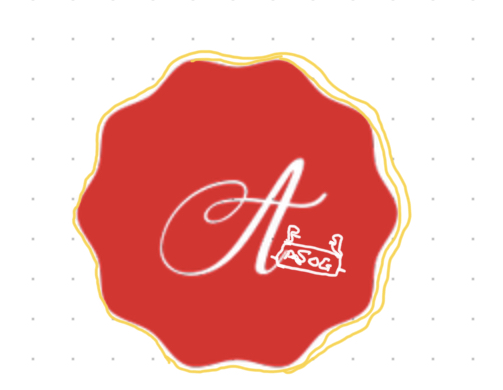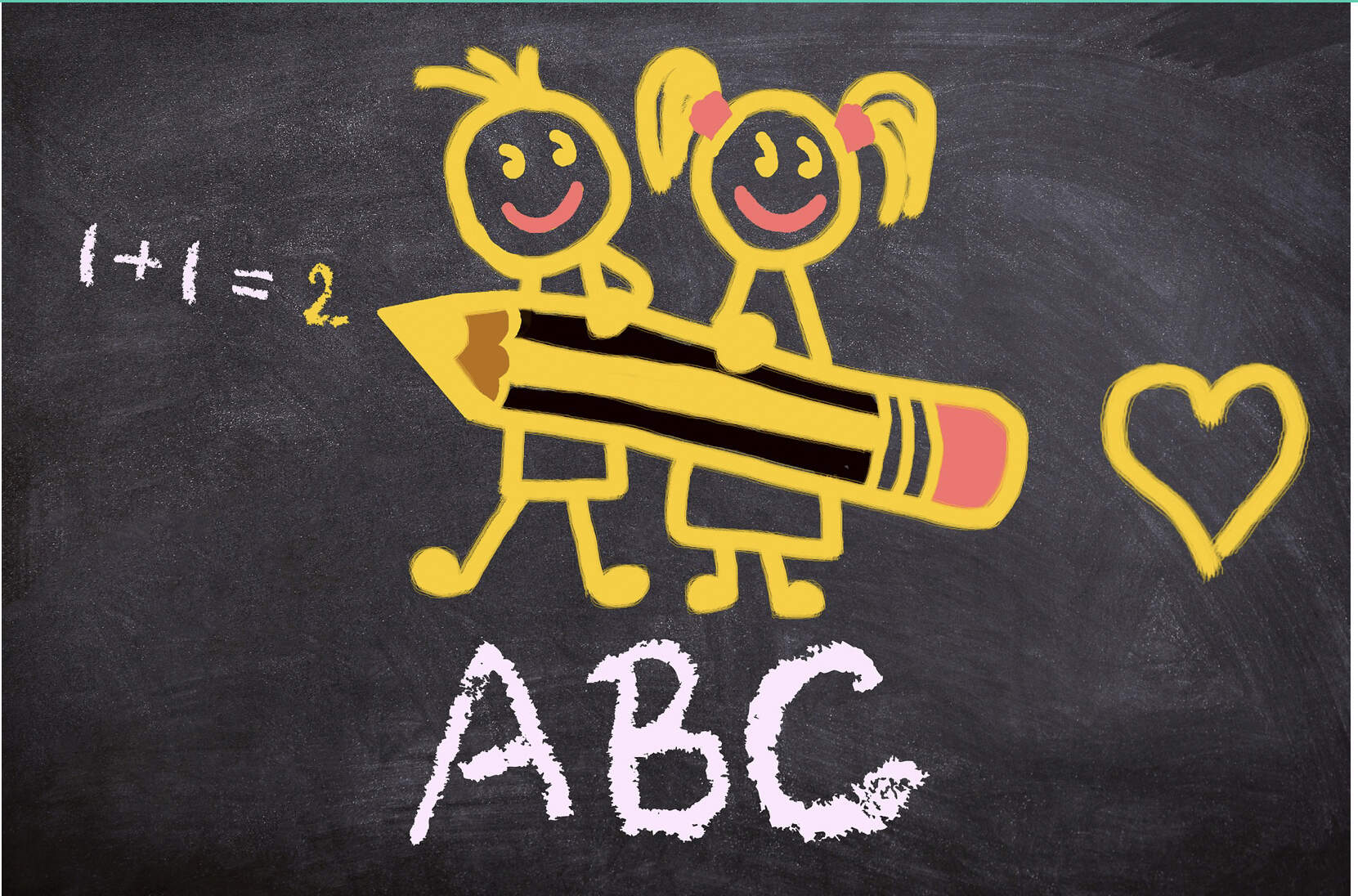RQF Level 3 Diploma in Early Learning and Childcare (Early Years Educator)
RQF Level 3 Diploma in Early Learning and Childcare (Early Years Educator)
Qualification overview
The Level 3 Diploma in Early Learning and Childcare (Early Years Educator) qualification is aimed at learners who wish to work within an Early Years Setting or as a Nursery Teacher.
This qualification is aimed at learners who wish to work in the Early Years sector in England. It provides the knowledge and skills required for Early Years Educators. This qualification meets the full and relevant criteria set by the National College for Teaching and Leadership.To count in the ratios defined in the EYFS at Level 3, learners must hold a full and relevant Early Years Educator qualification and a Level 2 qualification in English and maths. GCSEs are no longer the only recognised qualifications and now includes functional skills.
This is an RQF 67 credits qualification Ofqual recognised. Learners can take between 12 - 18 months to complete this qualification.
All fees paid for the qualification includes e-portfolio allocation, Tutor support, research and support materials, Certificate issue, Learner support if raised and identified, when on instalment plan there is no interest rate charged, upon signing up for the qualification agreed break in learning and qualification can be issued upon request as soon as possibly noticed.
Course structure
Entry requirement: There are no formal entry requirements for this qualification however Learners must be at least 16 years or over to be registered into the course.
Method of Assessment: This is a competence-based RQF Level 3 Early Years Educator qualification, learner’s ability to competently perform a range of tasks connected with their work is mandatory in order to complete the qualification.
The teaching and learning of this qualification can also be linked to the National Occupational Qualifications for Child Development and Wellbeing. Knowledge evidence includes but not limited to written work completed in lessons or at home, assignment tasks, reports from work placement providers.
This qualification includes both knowledge and performance units, to complete the performance unit you will need to be occupationally competent to demonstrate your competence inline to the requirement of the qualification in Early Years. Observation of practise needs to take place in a real work environment in-line to the Early Years Educator Qualifications Assessment Principles devised by the Joint Awarding Body Quality Group and approved by the National College of Teaching and Leadership.
Support available
24/7 online access available upon registration, including planned Tutor support.
Online e-learning platform is used to support learner including the use of e-portfolio for evidence gathering.
Hybrid 1-2-1 Tutor support.
Virtual or Face to face classroom session available including observation of competence inline to unit standard and learner’s Organisation policy and procedure.
Further Student support available upon request.
Career progression:
Learners who achieve this qualification could progress into employment working with children from 0 to 5 years in roles such as; a nursery practitioner, child minder and preschool assistant.
Learners could progress to further study or training such as:
• Level 5 Diploma in Leadership for Health and Social Care and Children and Young People’s Services (England).
Method of Assessment: This is a competence-based RQF Level 3 Early Years Educator qualification, learner’s ability to competently perform a range of tasks connected with their work is mandatory in order to complete the qualification.
The teaching and learning of this qualification can also be linked to the National Occupational Qualifications for Child Development and Wellbeing. Knowledge evidence includes but not limited to written work completed in lessons or at home, assignment tasks, reports from work placement providers.
This qualification includes both knowledge and performance units, to complete the performance unit you will need to be occupationally competent to demonstrate your competence inline to the requirement of the qualification in Early Years. Observation of practise needs to take place in a real work environment in-line to the Early Years Educator Qualifications Assessment Principles devised by the Joint Awarding Body Quality Group and approved by the National College of Teaching and Leadership.
Support available
24/7 online access available upon registration, including planned Tutor support.
Online e-learning platform is used to support learner including the use of e-portfolio for evidence gathering.
Hybrid 1-2-1 Tutor support.
Virtual or Face to face classroom session available including observation of competence inline to unit standard and learner’s Organisation policy and procedure.
Further Student support available upon request.
Career progression:
Learners who achieve this qualification could progress into employment working with children from 0 to 5 years in roles such as; a nursery practitioner, child minder and preschool assistant.
Learners could progress to further study or training such as:
• Level 5 Diploma in Leadership for Health and Social Care and Children and Young People’s Services (England).
- Career progression of becoming:
- Nursery practitioner
- Social worker
- Classroom assistant
- Pre-school practitioner
- Nursery Assistant
- Nursery Teacher
- Early Years Practitioner
- Nursery Nurse
- Assistant Childminder
- Nanny
- Early Years Worker
Mandatory units
- Applying the early education framework
- Assessment planning in early years settings
- Continuing professional development for early years practitioners
- Equality, diversity and inclusion for early years practitioners
- Health, safety and security procedures in early years settings
- Personal care and wellbeing for children in early years settings
- Plan and lead activities and educational programmes
- Providing children with additional support in early years
- Safeguarding children in early years settings
- Supporting children through transitions and significant events
- Supporting children’s holistic development
- Supporting positive behaviour in children during early years
- Understanding child development
- Understanding theories and philosophical approaches to child development
- Using assessment techniques for children in early years
- Working in partnership with parents and others in early years settings
For 2 monthly instalment payment plan, complete the contact us form below to make arrangement for instalment.

